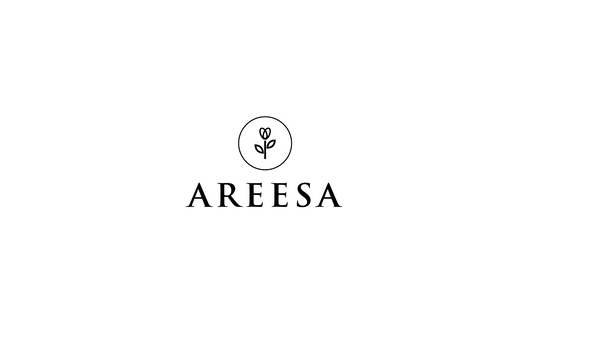The beauty industry is not new to have certain words and phrases buzzing around. If by any chance you are new to the clean beauty industry, these days, the word VEGAN pops up a lot. Someone might wonder, why does my skincare have to be synonymous with the latest diet. In this blog post, I dish out all the information about veganism in the skincare industry, is it just a fad, or a word that people throw around because it sounds cool, is vegan the same as clean skincare and most importantly whether you need vegan skincare or not.

Veganism is gaining popularity as a way of life where you refrain from consuming any animal products or by products. This means you don't consume meat, fish and eggs, daily products, gelatin, animal fats, honey or bee products etc. If you follow a vegan diet and consume vegan foods, your next step could definitely be to integrate veganism into other areas of your life, and using vegan skincare products is an obvious choice, as it reflects the way of life you choose to live.
However, the problem lies where I see people using clean/green and vegan interchangeably. When a person, blogger or a brand talks about a certain product and points out to the vegan certificate, it plays with the readers or the listeners imagination. If one sees vegan and clean used in the same sentence multiple times, they might assume that these labels mean the same, but they are not. There are many chemicals and toxic preservatives that are vegan while there are many safe and clean ingredients in skincare, which are not vegan. A classic example is honey. Honey is natural, safe, and excellent for the skin, but is not vegan. A product containing honey or beeswax cannot be certified vegan. Due to this, all the products in our company Areesa Botanicals are Vegan, except the Blush face mask, because it contains dehydrated honey powder.Some other examples of non-vegan but natural, clean, safe and effective ingredients used in the personal care industry are dairy ingredients, Lanolin, emu oil, lard and beef tallow. On the contrary, the most dreaded word in the clean beauty industry “paraben” is vegan! A carefully packaged and marketed product with a blend of unsafe chemicals can have the vegan certification and can fool innocent consumers with its green washed packaging and labeling. Some people also prefer vegan skincare even though they don't eat vegan, when they eat a restrictive diet. For example, while buying handmade soaps, I usually look for vegan as I don't want any lard(pig fat) or beef tallow in my soaps, since I am a Muslim and eat only halal. Expert soapers swear by using animal fats in their soaps and it does make a wonderful bar of soap, but I would not use that, hence I buy vegan soap. Also, Vegan does not always mean halal as it might include certain alcohols as well.
The bottom line is that. If you eat vegan and you don't want to use any animal products in your personal care products, the vegan certification is something you should seek. However, if you don't practice veganism, and you are in the market for a clean and safe beauty product, you don't necessarily need to look for vegan skincare brands. Learn to read and decipher the labels, while picking your products. Vegan means just that, vegan and not necessarily clean or safe.

